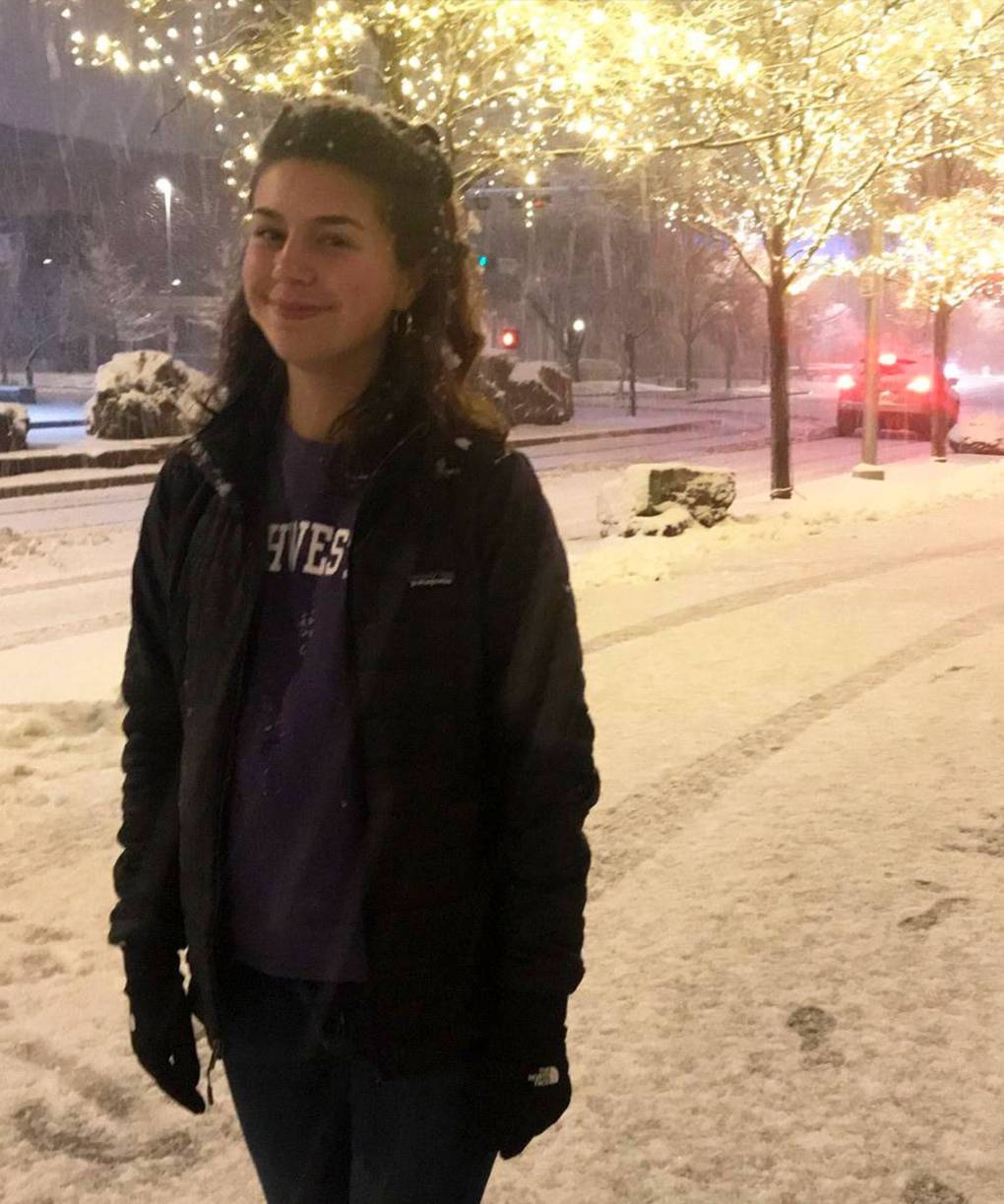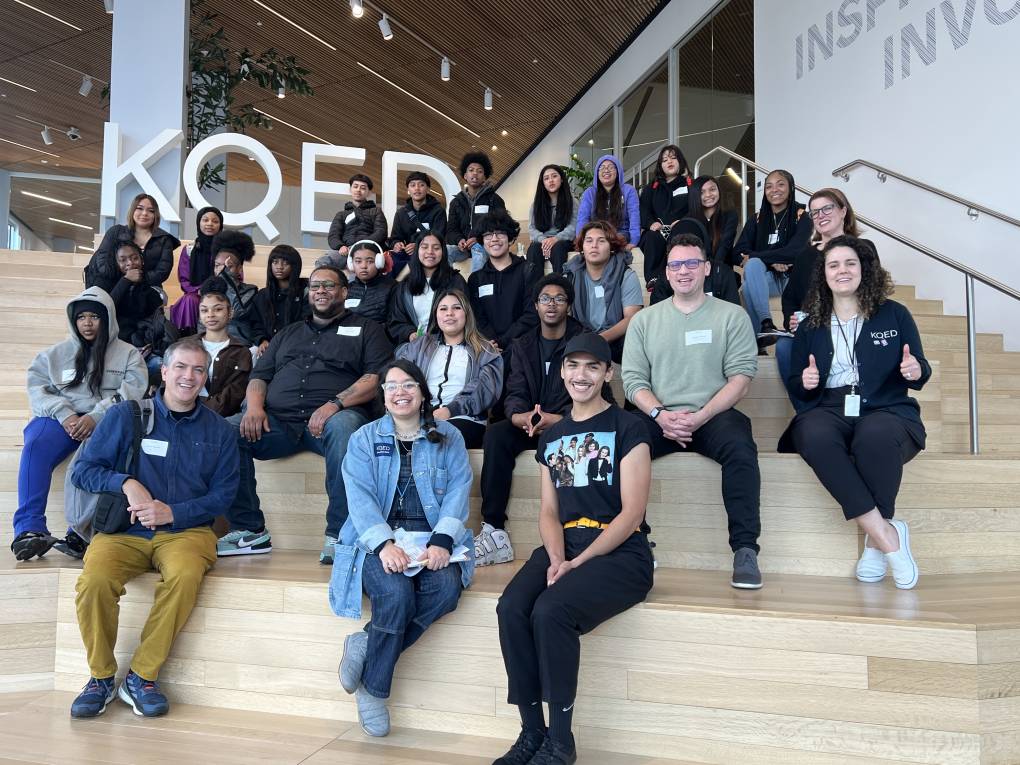Teenage girls often feel pressured to act politely in uncomfortable, and sometimes even dangerous, situations. This story was written by two juniors from Woodside High School, Taila Lee and Chloe Postlewaite, for KQED’s Youth Takeover series.
Chloe: We’re 16-year-old teenage girls, so naturally, we were at our local Starbucks, working on a school project. We were having a conversation when a 20-something-year-old man approached us and asked if we had the Uber app on our phones.
Taila: Neither of us did, so we apologized and said, "no." Then he said, "Can I sit down and talk to you guys? I just got out of jail and I really need to talk to someone.”
Chloe: Without waiting for an answer, he pulled up a chair, sat down with us and started talking.
Taila: We waited there, nodding patiently and listening to him, because politely asking him to leave seemed impossible. He continued with his story, casually asking us how old we were. What school we went to. If he could buy us a drink. Then he said, "I actually didn’t even need an Uber. I just wanted to talk."

Chloe: He apologized for interrupting our study session and although he was generally pleasant, he never implied that he was going to leave.




